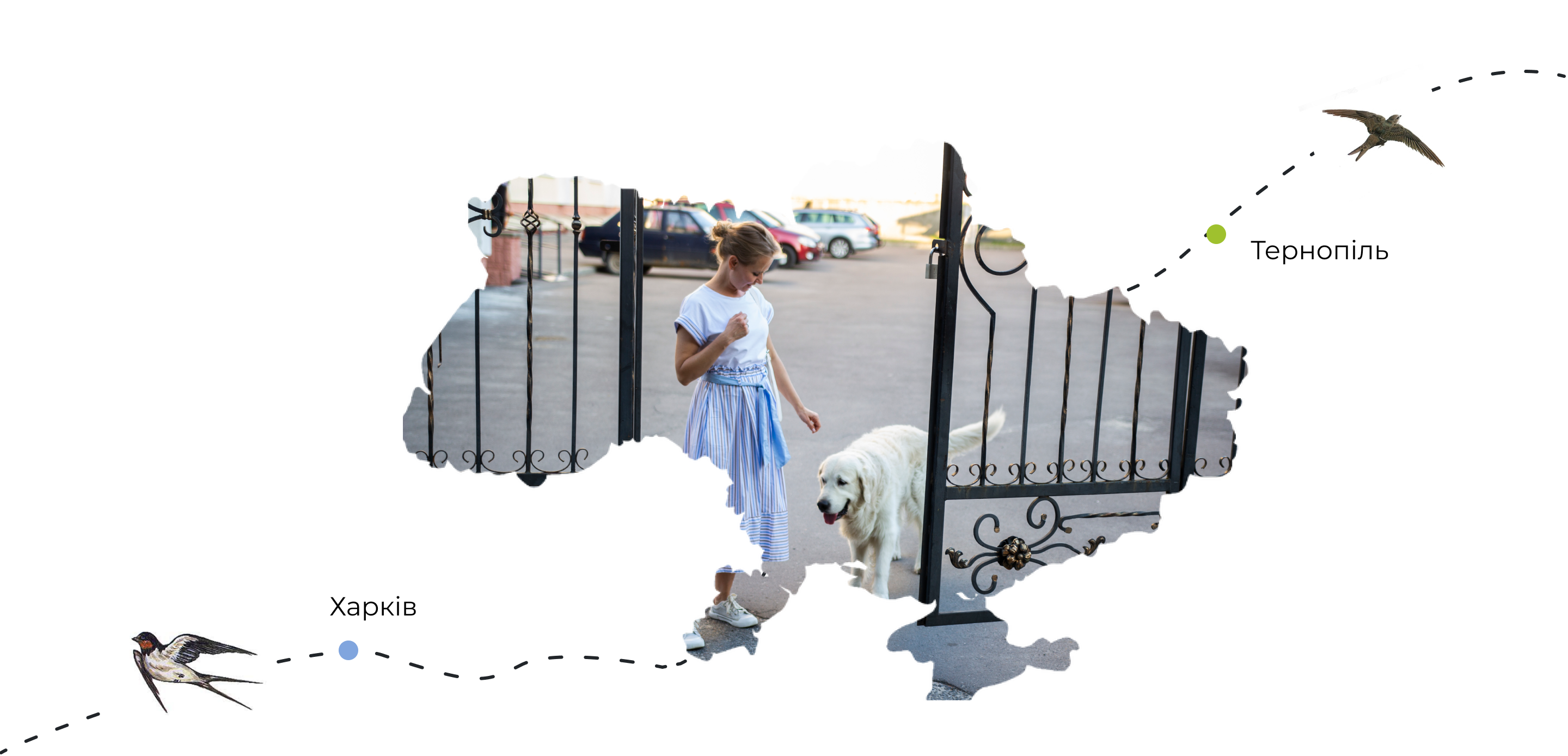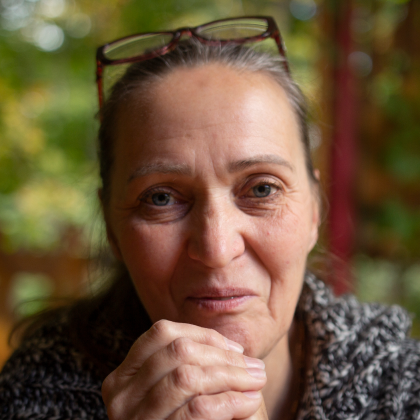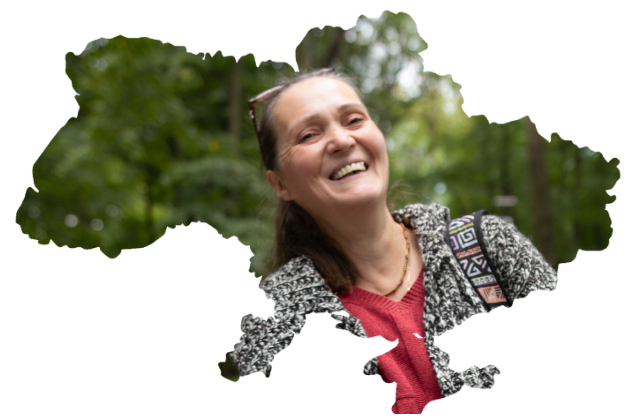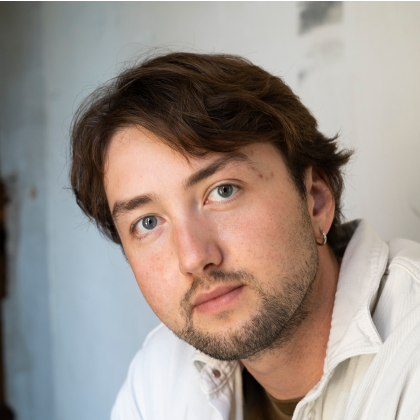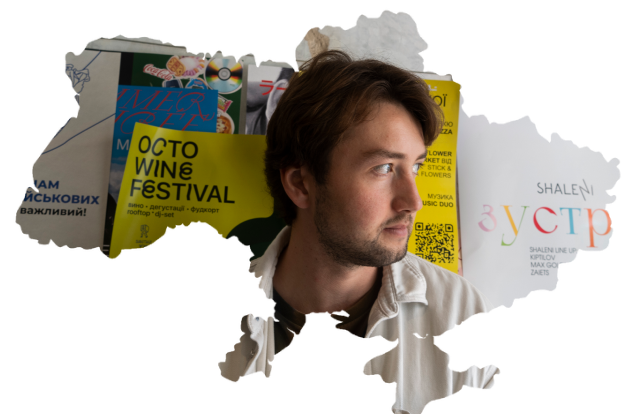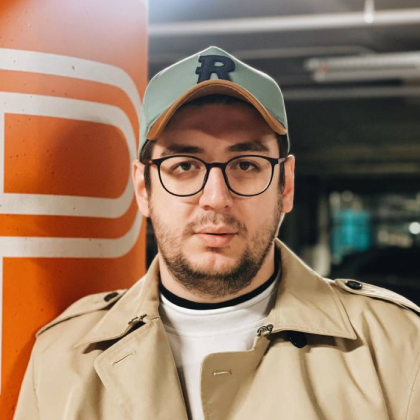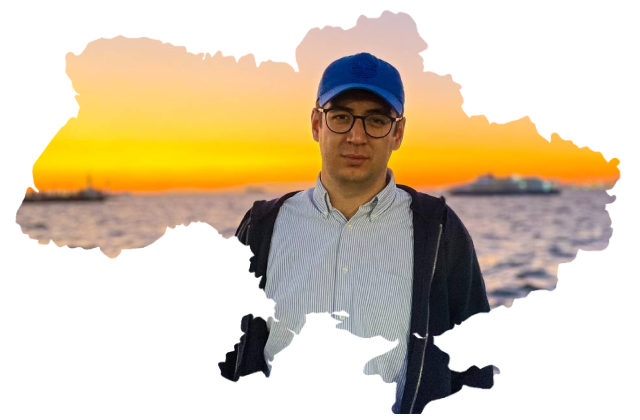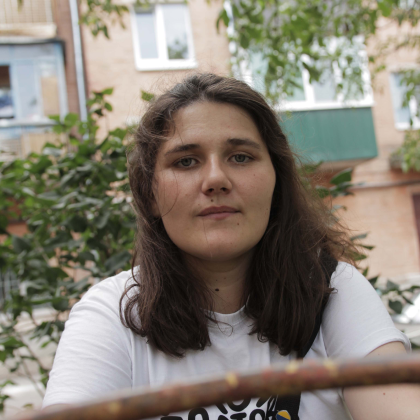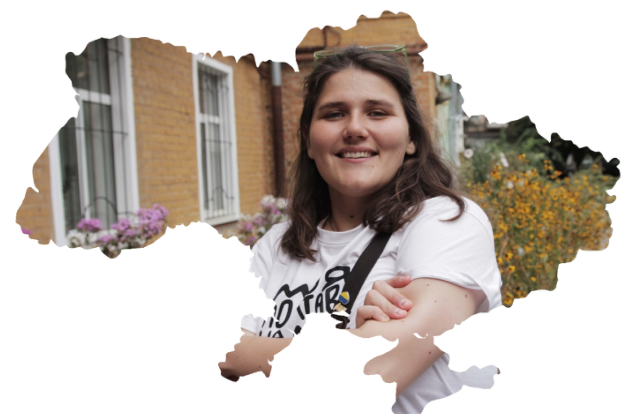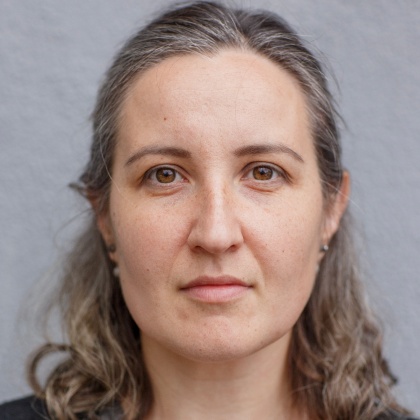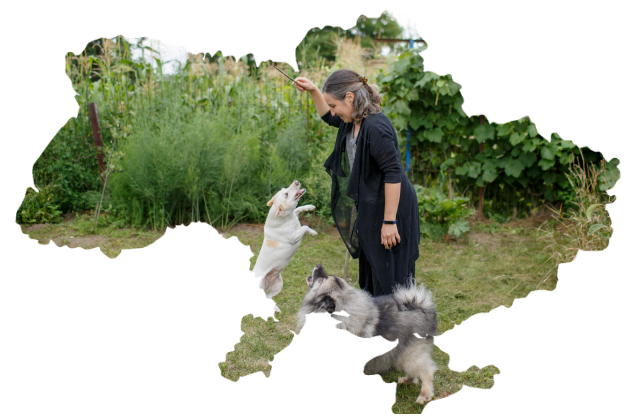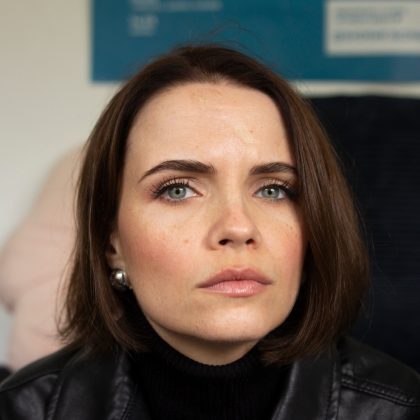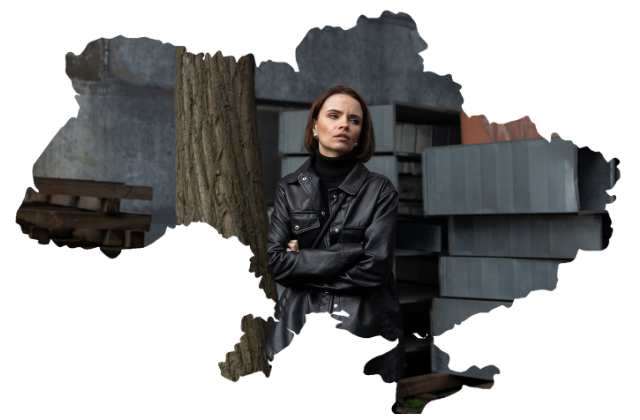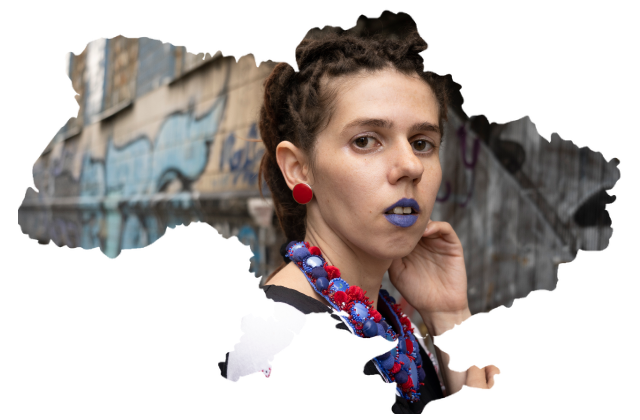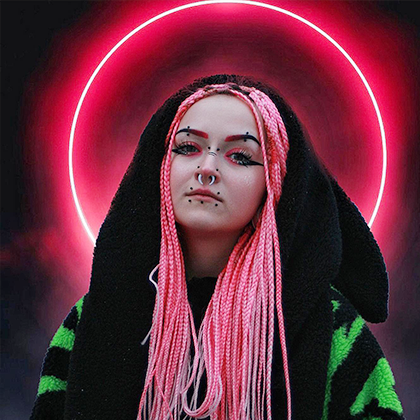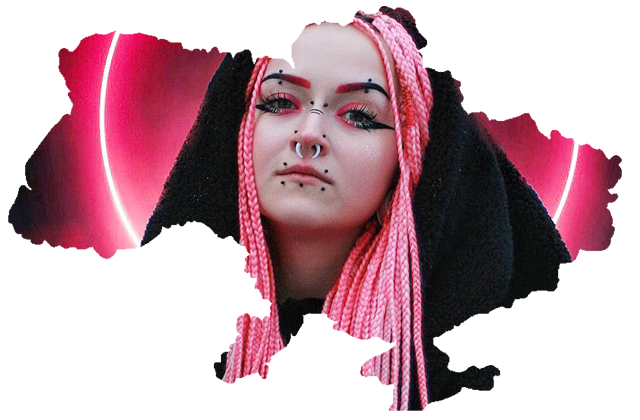Olga Ivanova
Ph.D. in Economics, Associate Professor, Head of the Sector of Regional Development and Decentralization of Research Center for Industrial Development of the National Academy of Sciences of Ukraine, Professor of the Department of Management, Public Administration and Personnel of WUNU
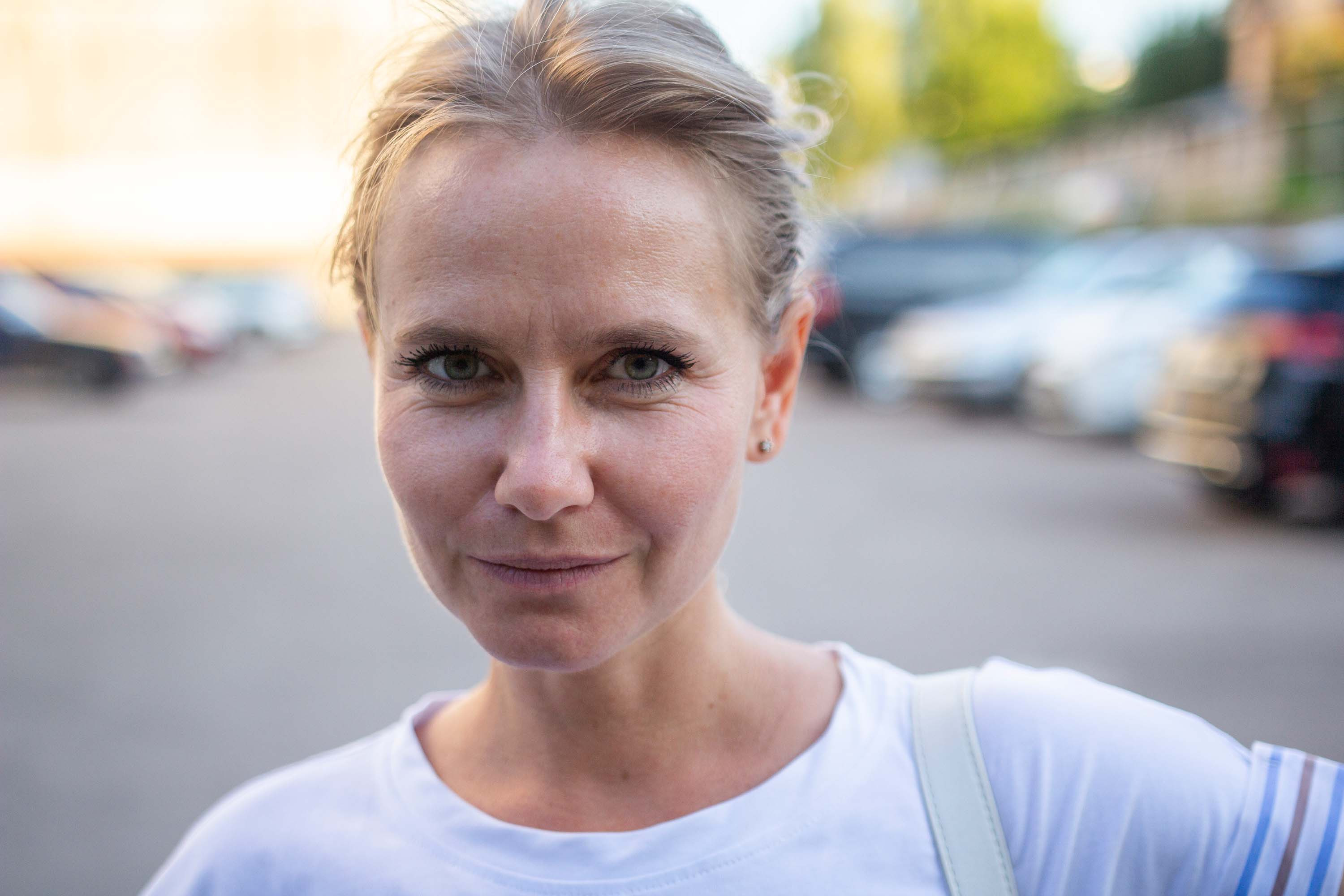
Kharkiv — Ternopil
My husband and I were prepared for a possible invasion in advance. We had packed a backpack with documents, money, but most importantly - the dog's stuff: the food, the bowls. That is, we knew it could happen, but still hoped that in the XXI century there would be an economic war, a political one, but not the one with shooting... So we woke up when we heard the explosions, and quietly got ready.
I always wondered how I would behave in a stressful situation. So I turned out to be a person who takes accurate steps: we picked up my parents, moved to the house where there was a bomb shelter, and we all made it through these two weeks together.
Leaving my hometown was the hardest decision of my life because no one I loved wanted to leave Kharkiv. In the end, we moved because of our dog Patrick. He likes to walk for two hours in the morning and evening, he is not afraid of explosions, and he did not understand why he could no longer be allowed to walk safely. My Patrick, a seven-year-old Golden Retriever, is an adult dog, but a child at heart. And we lived in an area where the Regional Administration was shelled, where something was exploding very close by.
The decision to leave was a hard one for me because there were a lot of children in the bomb shelter, and a lot of people who were frightened. Patrick, as a psychologist dog and anti-stress dog, was the one who calmed them down. So when I took him away, I realized that I was depriving children who psychologically needed the help of this truly healing contact with an animal. He would soothe them, lay down beside them, and let them pet him. When sirens started, he knew where the supporting walls were — either in the apartment or in the bomb shelter — and waited until when we would all sit down there.
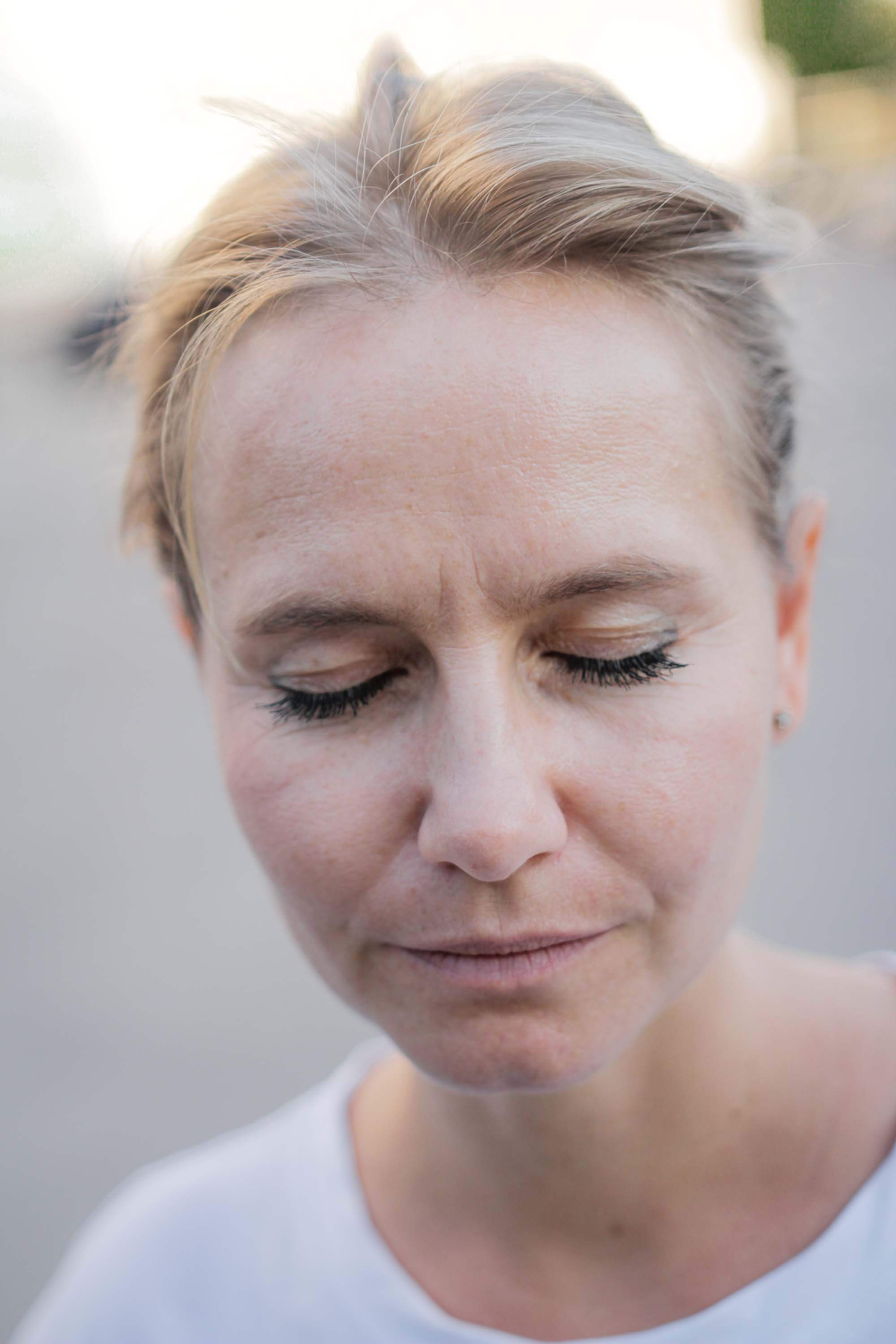
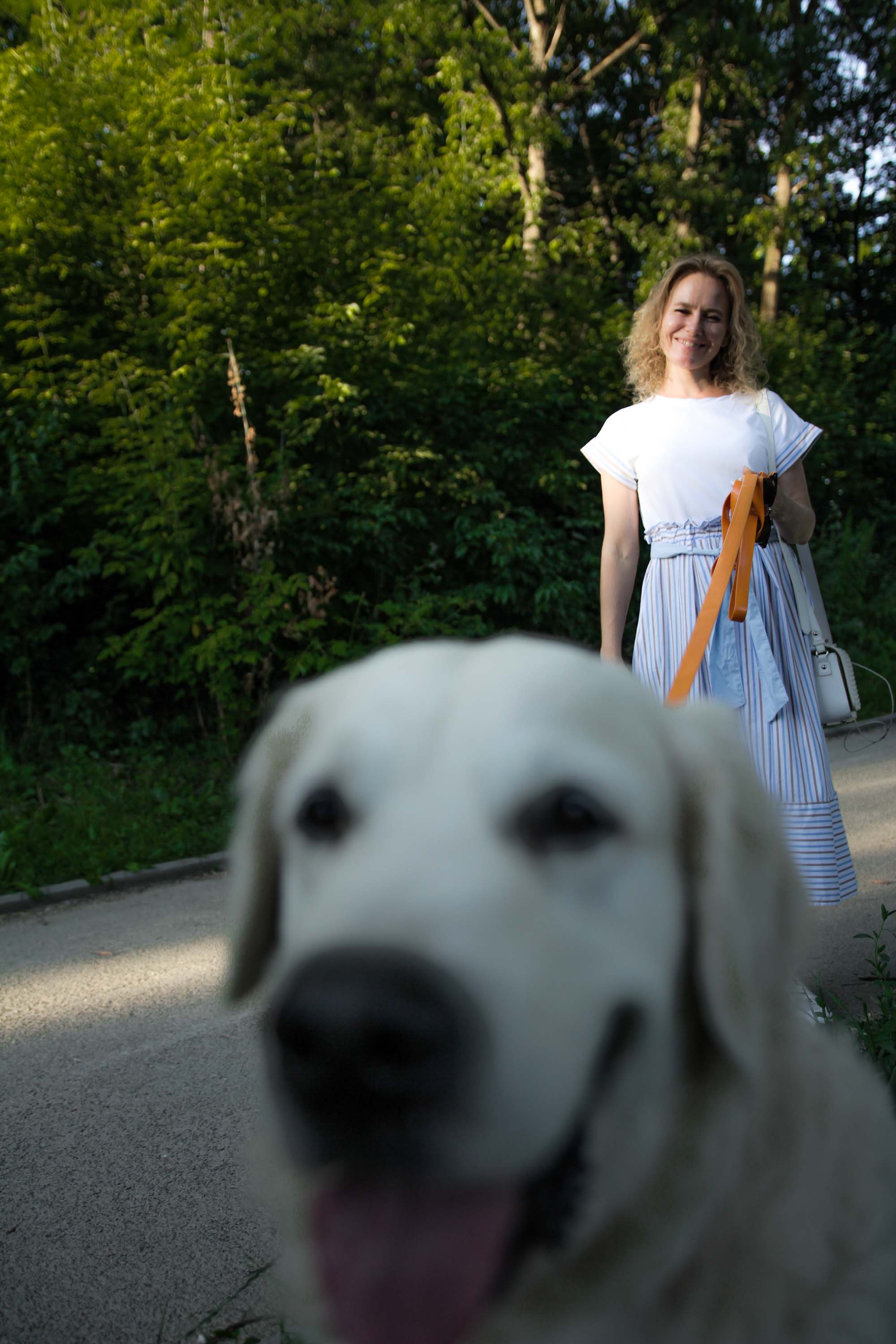
And yet, two weeks after the full-scale war had begun, together with my husband we made this very difficult decision to leave Kharkiv, not knowing where exactly we would go.
We chose Poltava as our destination. A graduate student we knew lived there and was ready to take us in. We decided to stay there for at least a day or two to take a break from the explosions and think about what to do next. However, people there were even more frightened than we were. We were told that all bridges were mined, they would be blown up and we would not be able to leave. So we realized we had to keep going.
Next, we took off to Kropyvnytskyi. We were driving in three cars, with dogs, and children. We were practically strangers, just neighbors, fellow dog-owners. We took turns fuelling up, if someone didn't have gasoline, we filled it up from the jerrycans. In Kropyvnytskyi, we were accommodated in a hostel, spent the night there, fuelled up, and then drove on to Uman.
It took us a long time to get there, we were stuck in traffic, that is, we arrived at night after curfew. There was a very cool school in the community, the head of the community met us and said that we could sleep in the gymnasium on the mats with everyone else. There were dogs, cats, children, elderly people — at least 70 people. The locals cooked potatoes for us, opened canned food, and welcomed us very nicely.
In the morning we left for Vinnytsia, and by the evening we got there. There was also a hostel there. We spent the night and left in the morning because we wanted to be able to get somewhere else in Western Ukraine, before dawn. But we didn't know where exactly, because there was always some problem — traffic jams, no gas. So we never made it to the city we had planned to get to the day before.
In general, we had been driving for five days through Poltava, Kropyvnytskiy, Vinnytsia, and finally arrived in Ternopil, a very cool small Ukrainian city. We had thought about going to Lviv, Chernivtsi, or Ivano-Frankivsk, but we had colleagues in Ternopil.
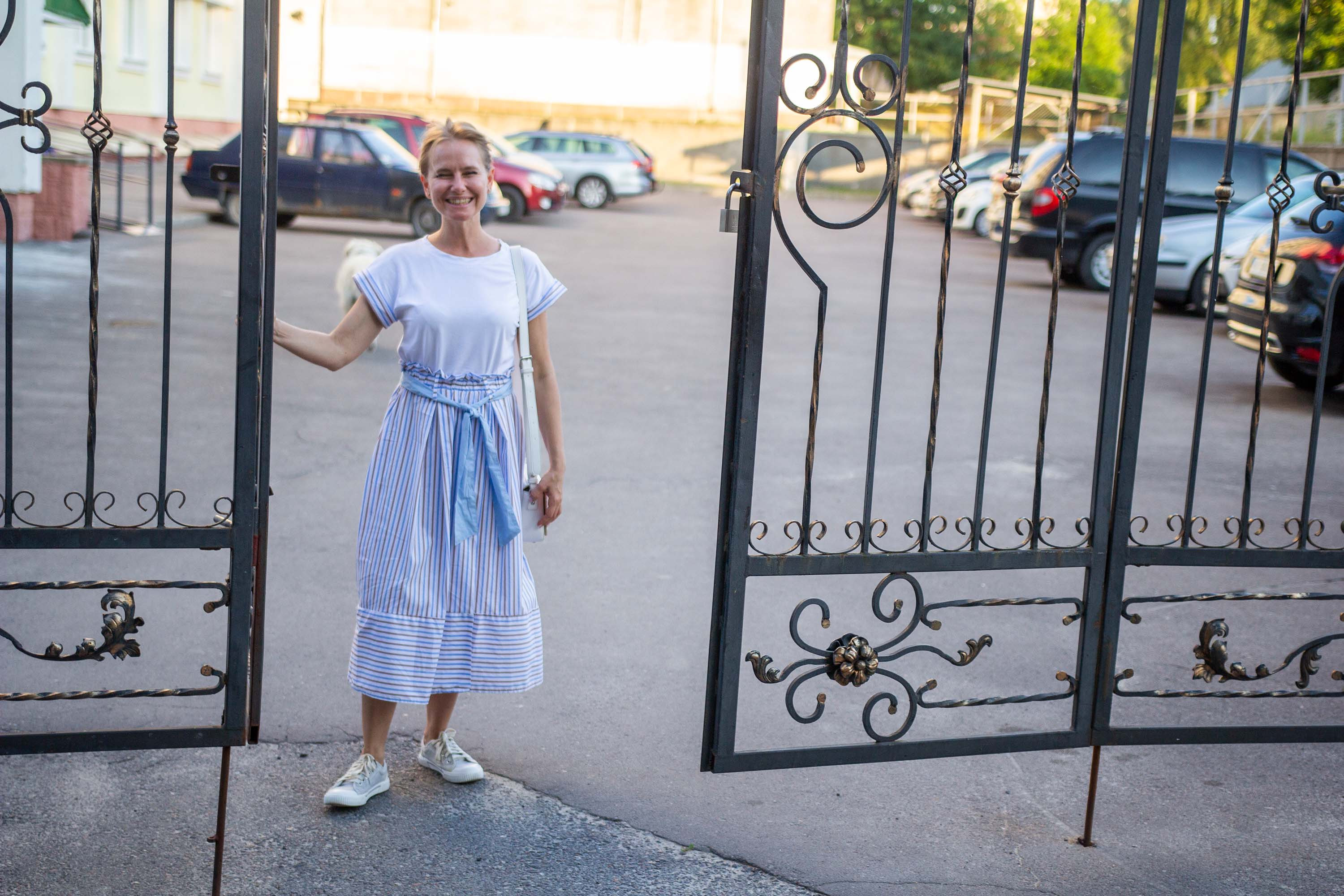
And yet, two weeks after the full-scale war had begun, together with my husband we made this very difficult decision to leave Kharkiv, not knowing where exactly we would go.
We chose Poltava as our destination. A graduate student we knew lived there and was ready to take us in. We decided to stay there for at least a day or two to take a break from the explosions and think about what to do next. However, people there were even more frightened than we were. We were told that all bridges were mined, they would be blown up and we would not be able to leave. So we realized we had to keep going.
Next, we took off to Kropyvnytskyi. We were driving in three cars, with dogs, and children. We were practically strangers, just neighbors, fellow dog-owners. We took turns fuelling up, if someone didn't have gasoline, we filled it up from the jerrycans. In Kropyvnytskyi, we were accommodated in a hostel, spent the night there, fuelled up, and then drove on to Uman.
It took us a long time to get there, we were stuck in traffic, that is, we arrived at night after curfew. There was a very cool school in the community, the head of the community met us and said that we could sleep in the gymnasium on the mats with everyone else. There were dogs, cats, children, elderly people — at least 70 people. The locals cooked potatoes for us, opened canned food, and welcomed us very nicely.
In the morning we left for Vinnytsia, and by the evening we got there. There was also a hostel there. We spent the night and left in the morning because we wanted to be able to get somewhere else in Western Ukraine, before dawn. But we didn't know where exactly, because there was always some problem — traffic jams, no gas. So we never made it to the city we had planned to get to the day before.
In general, we had been driving for five days through Poltava, Kropyvnytskiy, Vinnytsia, and finally arrived in Ternopil, a very cool small Ukrainian city. We had thought about going to Lviv, Chernivtsi, or Ivano-Frankivsk, but we had colleagues in Ternopil.
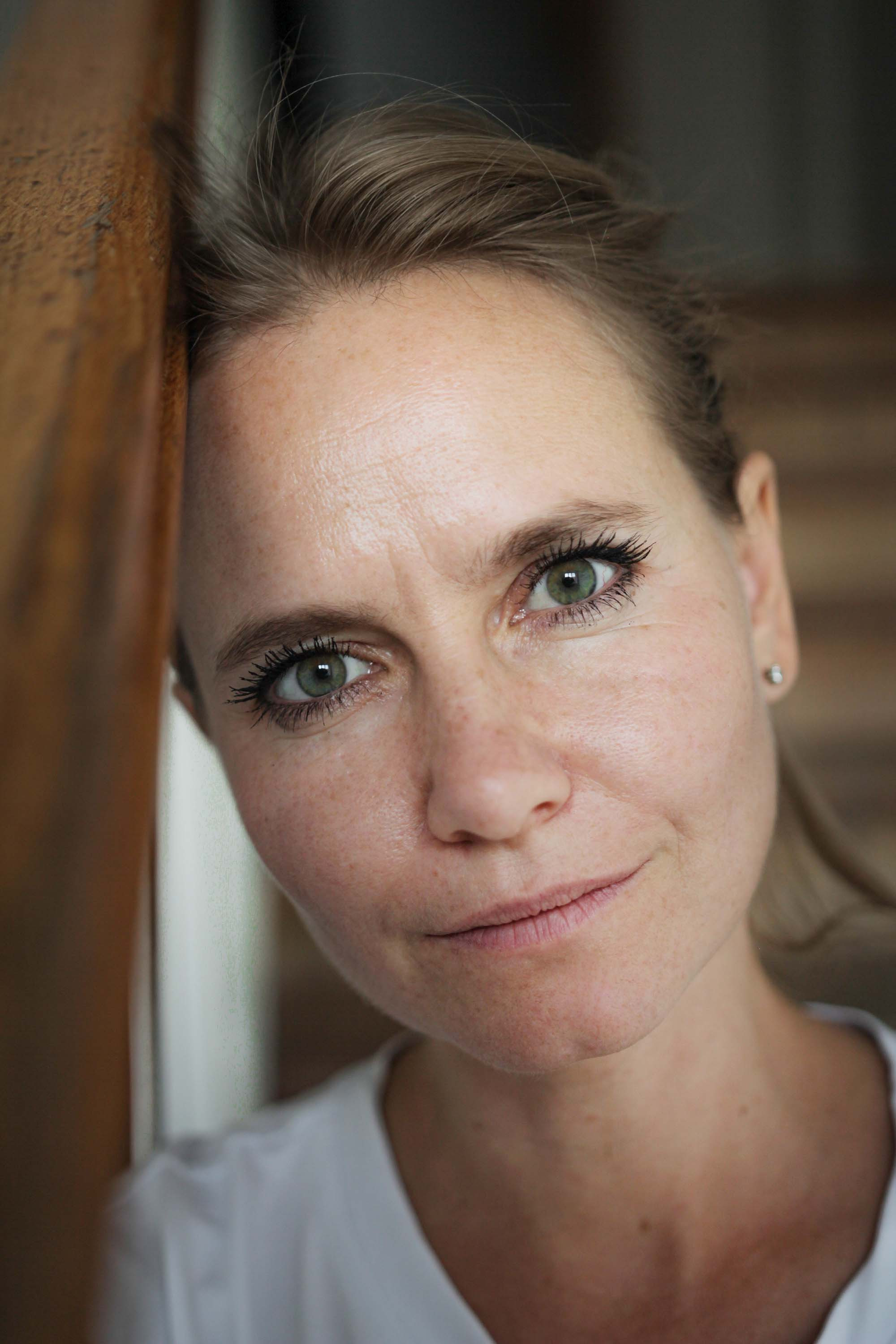
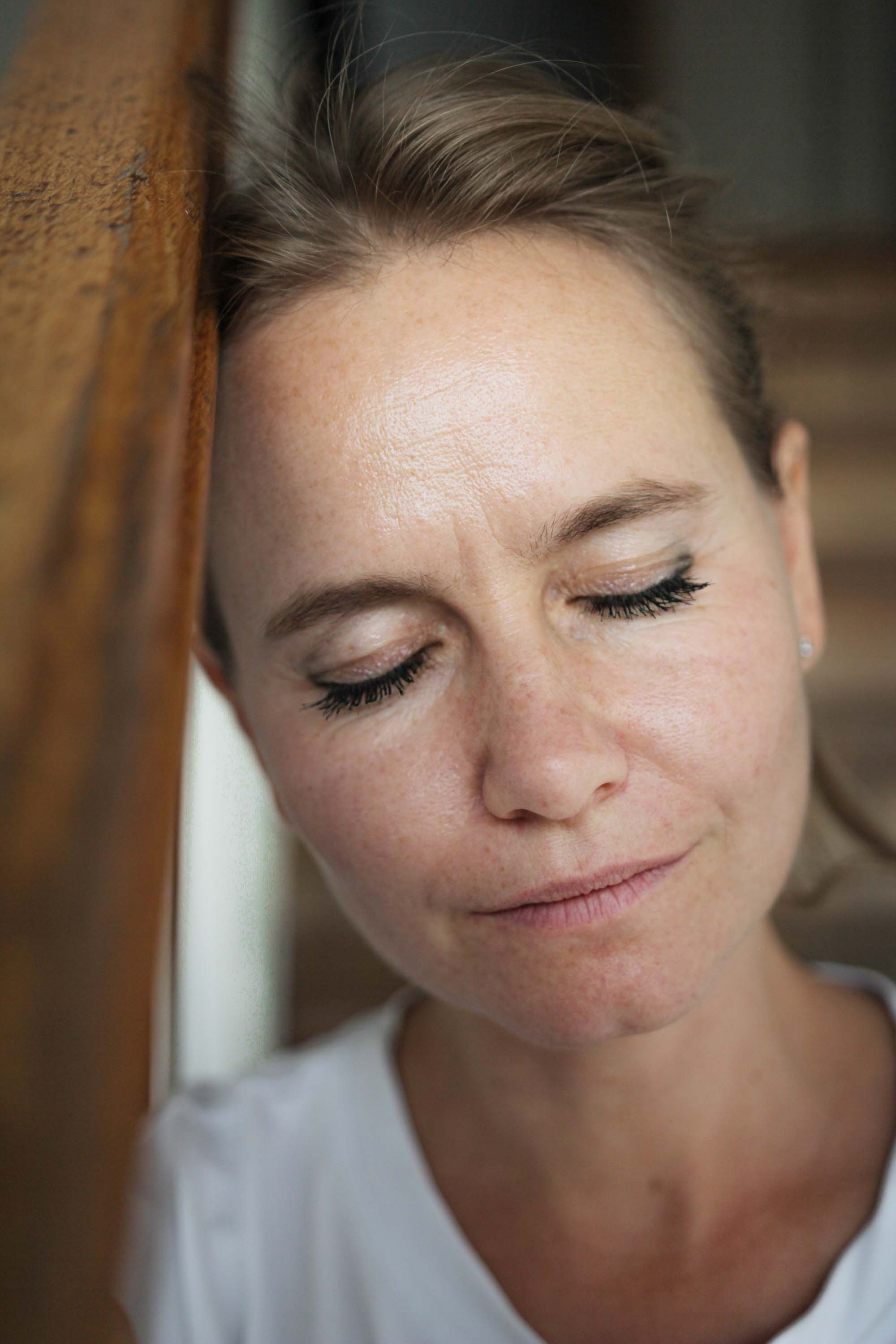
I myself am a teacher of management and a scientist by profession. By the way, it helped me a lot, because in every city were staying overnight in the institute's dormitories. In Ternopil, there is a sister university of my university, the West-Ukrainian National University, and its rector offered us to stay in the dormitory and teach there.
Andriy Igorevich was the first one to call on the phone and say: "Come to us as soon as possible, we'll take your whole family and the dog." The community of scientists turned out to be a powerful life-saving force for us. There are now so many faculty members living in our dormitory with their kids, dogs, and cats.
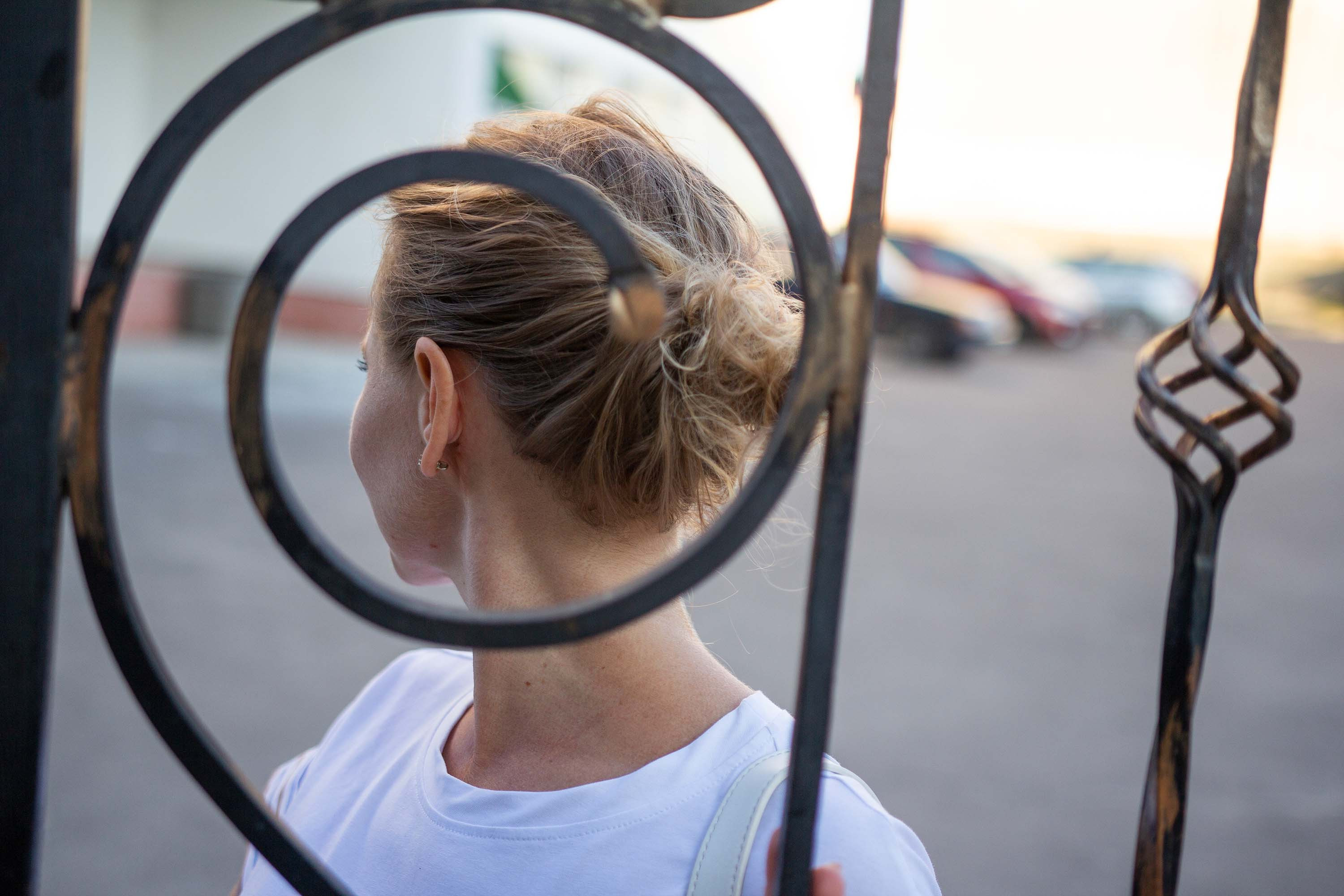
In general, when it comes to housing, we thought that if it's not renting an apartment, then it's temporary, and if it's temporary, let it be a dormitory. We don't want to rent a place here yet, because while I realize that the city is nice and green, and people are generally welcoming and helpful, I still want to go home.
Now I'm giving lectures at the university online, and working as a scientist at the academy of sciences. I am also a training and development manager in a Ukrainian IT company. Thanks to the scientific community, I got a job at the West Ukrainian National University here in Ternopil. Thanks to this I am going through my personal quest: all my life in Kharkiv I spoke Russian, and here in everyday life and at work, I now have to speak Ukrainian. This is an awesome practice and an opportunity to speak our native language.
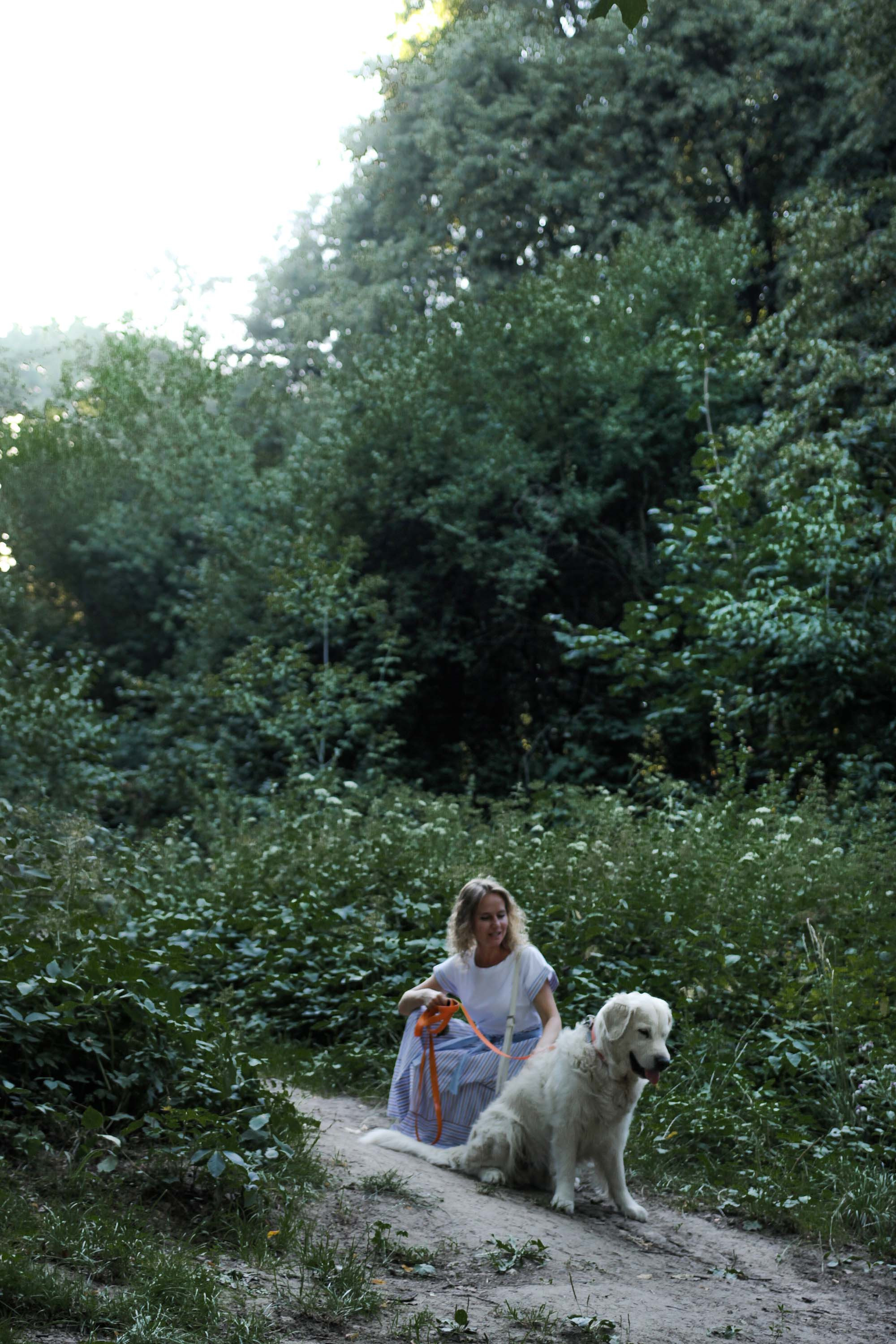
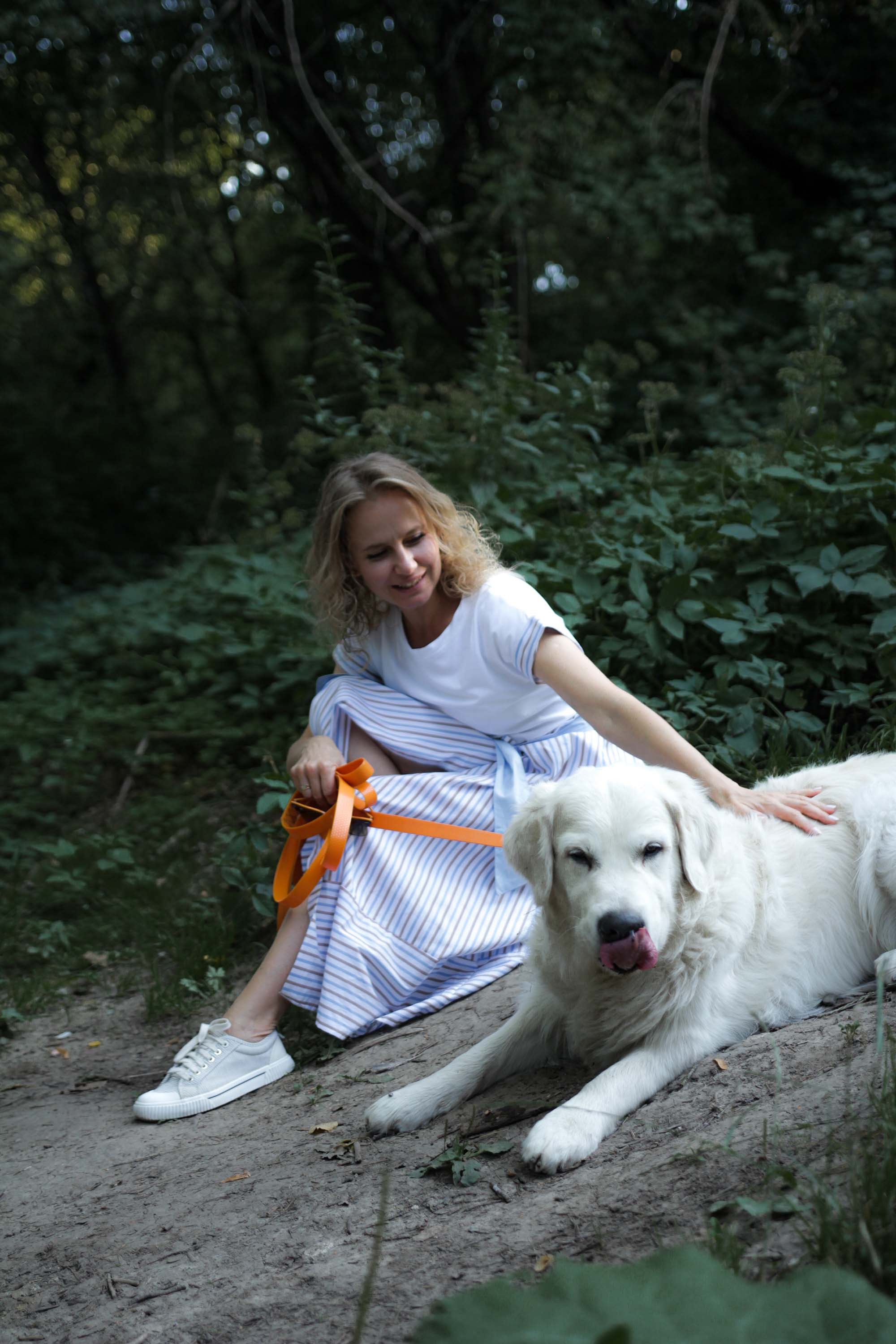
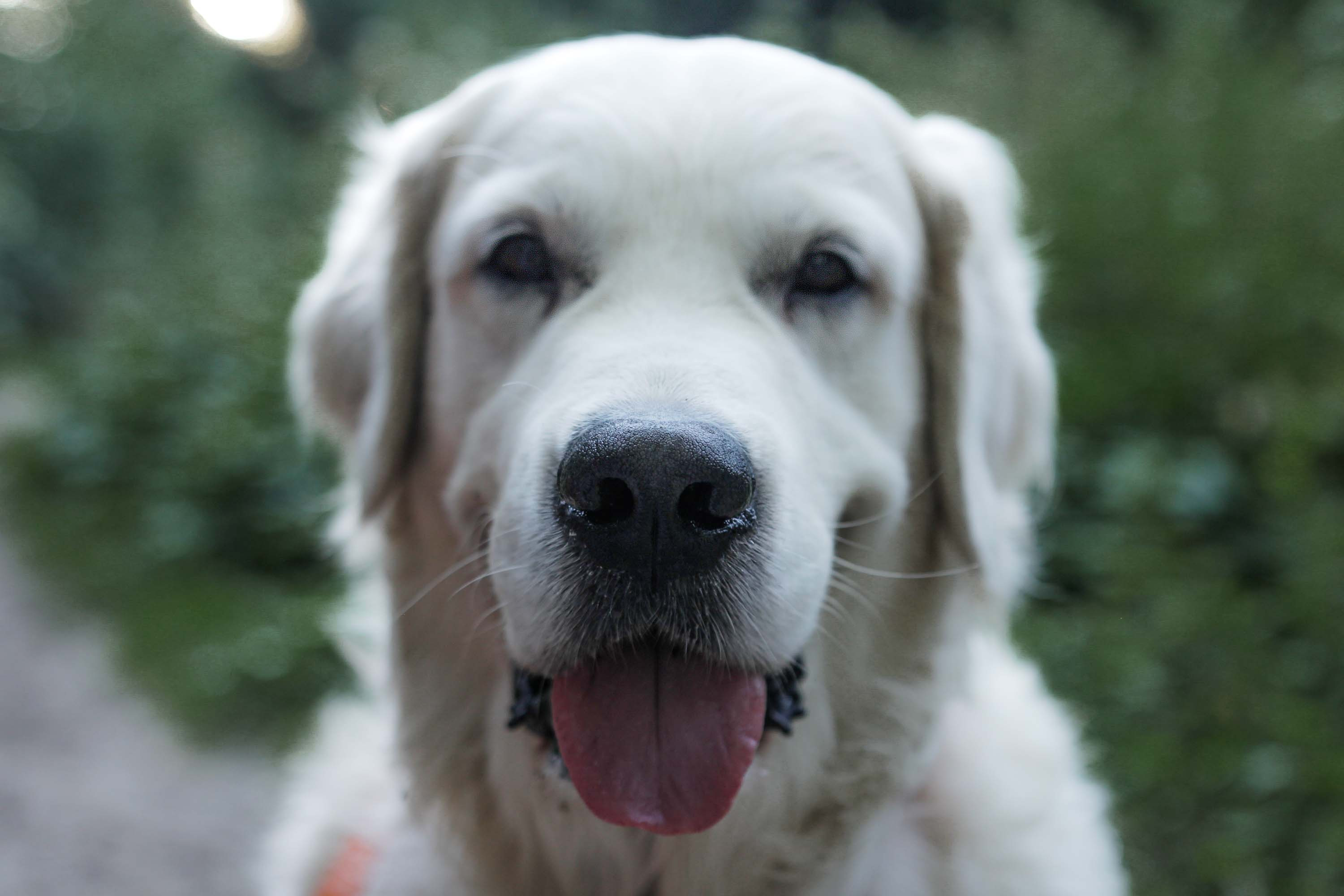
I decided for myself that I would not leave the country without my husband. I want to be close to those to whom I can be a help. I understand that I can help from afar, as many people do. But I want to see my own people more often — it's a bond for me that I don't want to break.
Here in Ternopil, we are often asked, "What is your plan B?" If they start bombing here, we'll go back to Kharkiv. That's our plan B. Or when they stop shelling our city, because I'm worried about both my and my husband's elderly mothers and the dog. But I definitely want to go back, because I love my city, this is where I used to walk with my girlfriends, with my mother, where I used to go on dates.
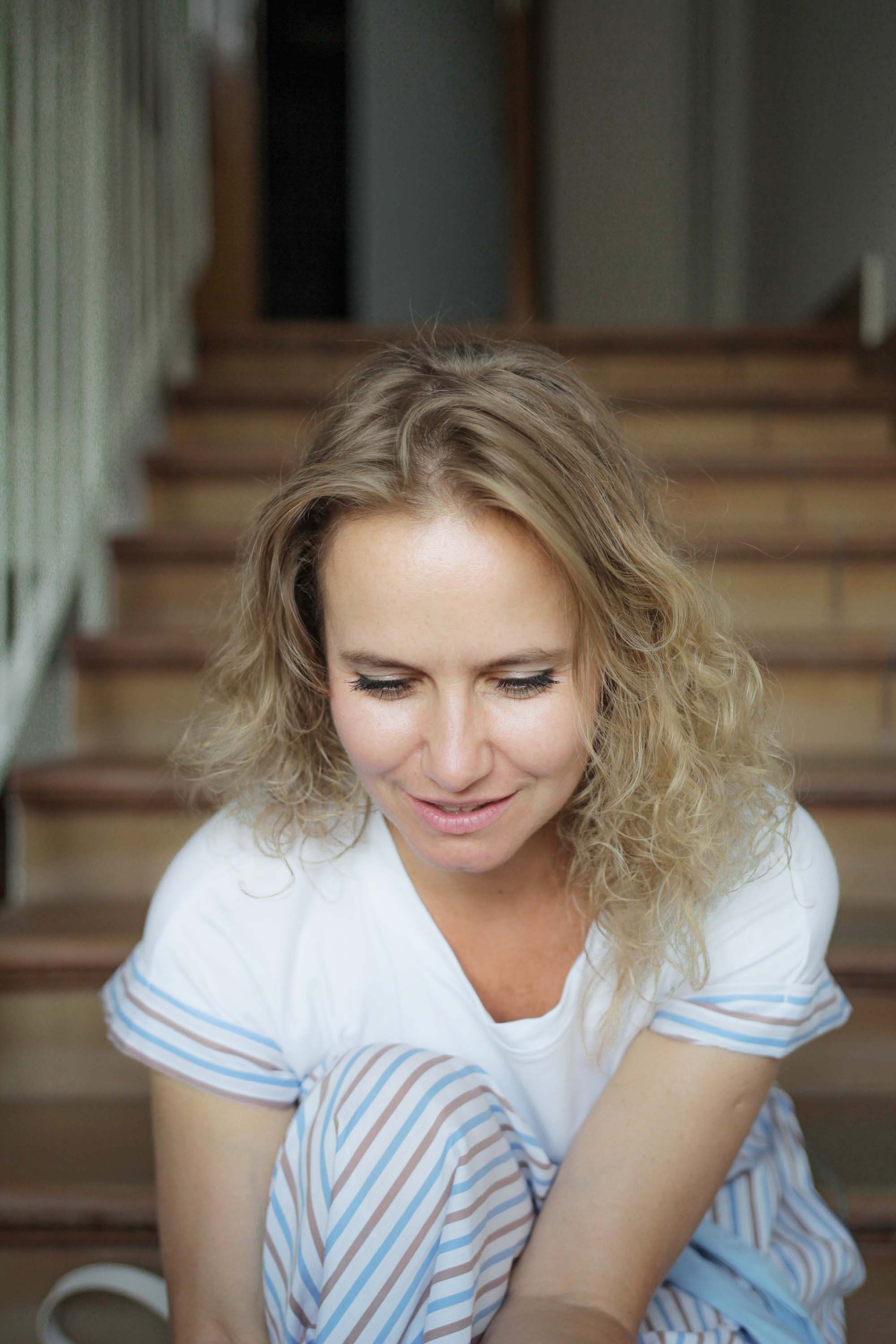
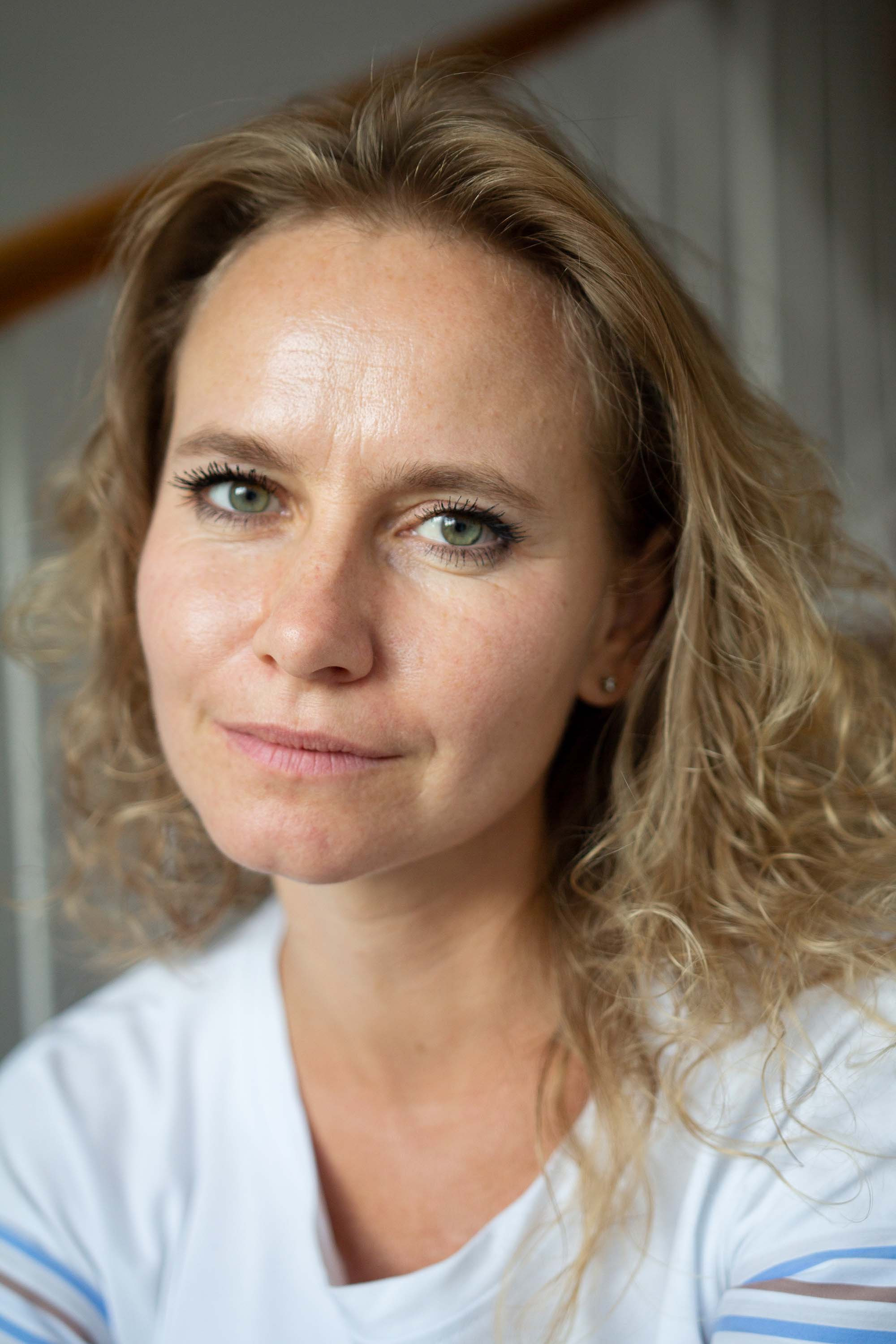
Recorded by Alyona Vorobiova
Translated by Katsiaryna Khinevich
Photographed by Vladislav Yevdokymov
